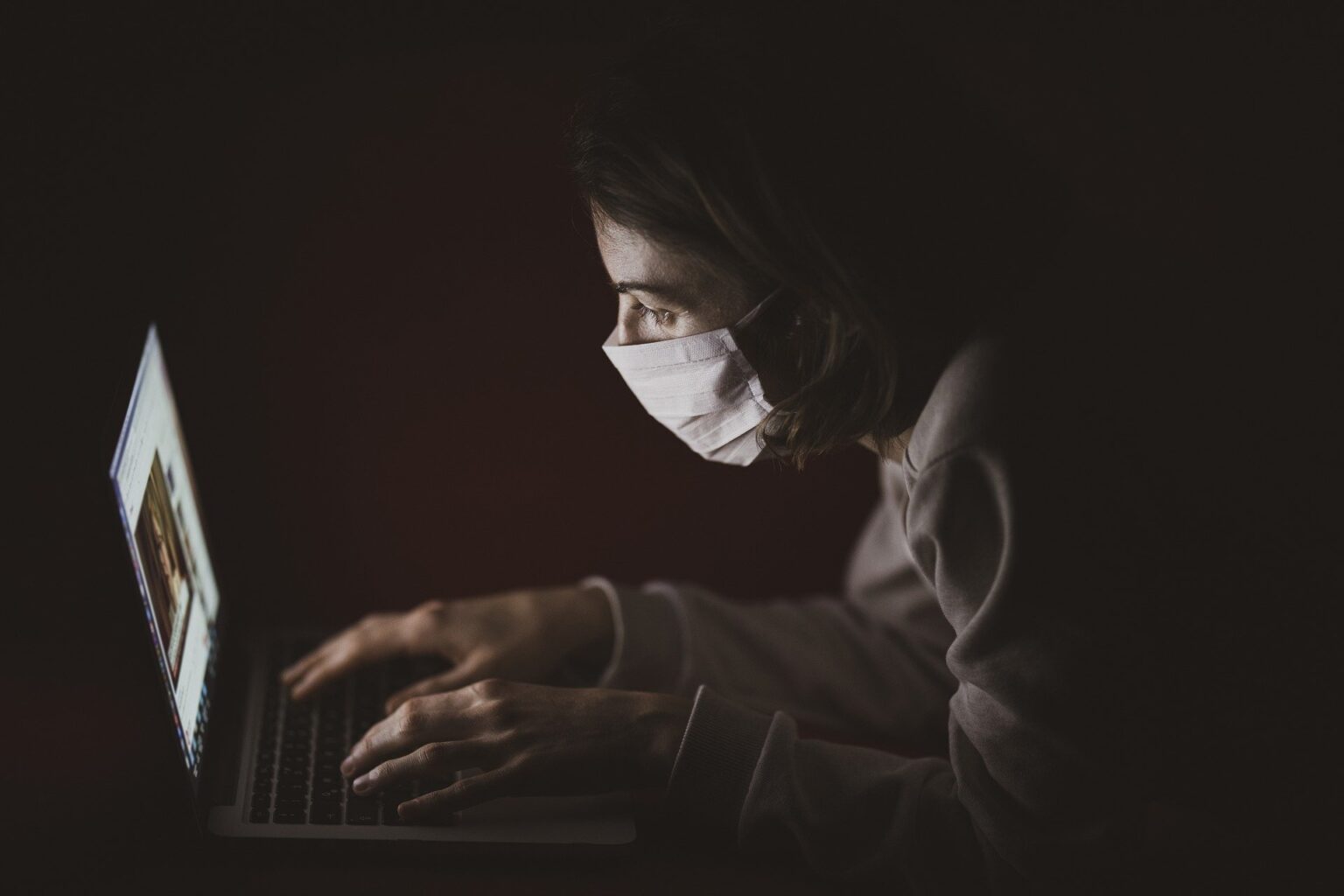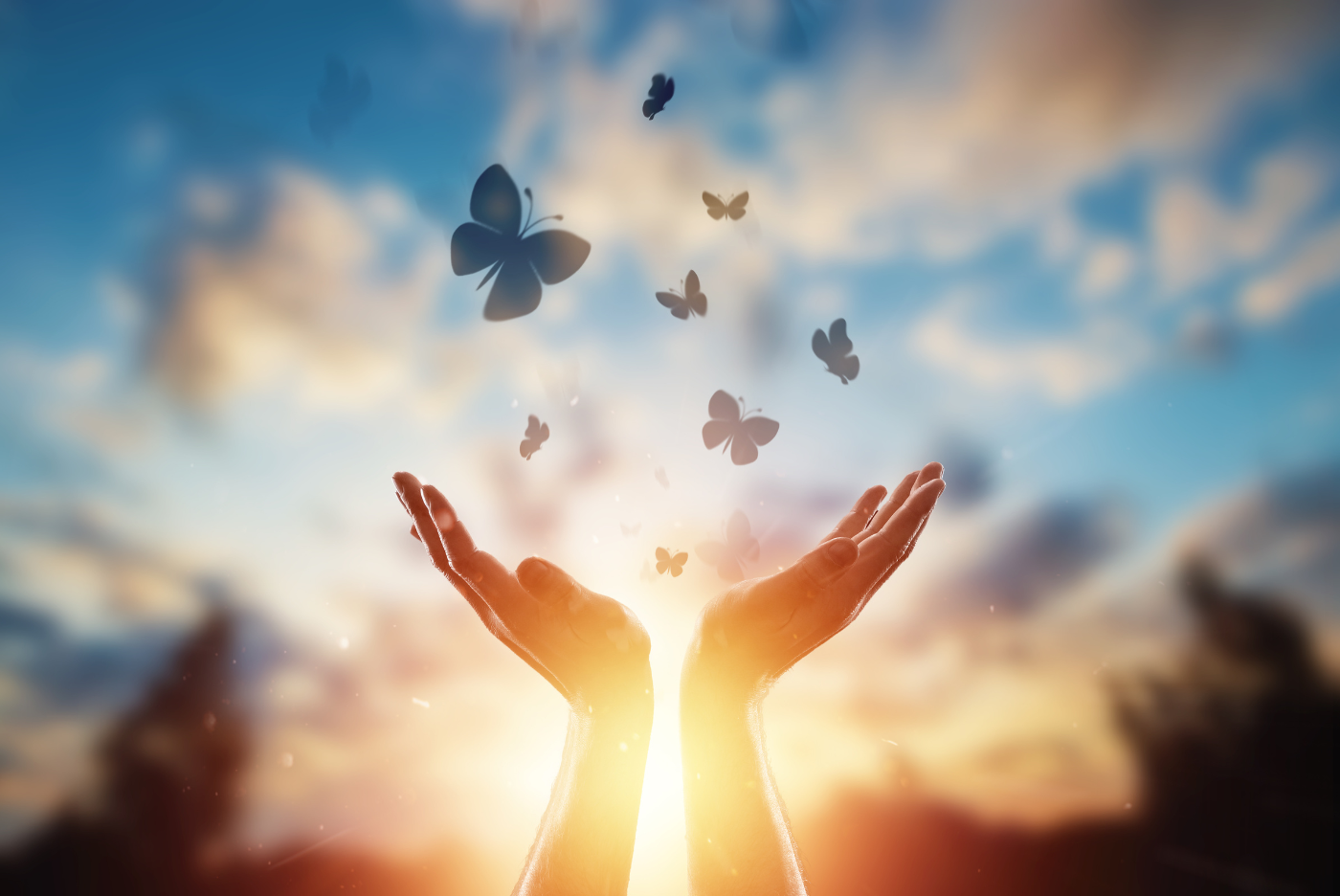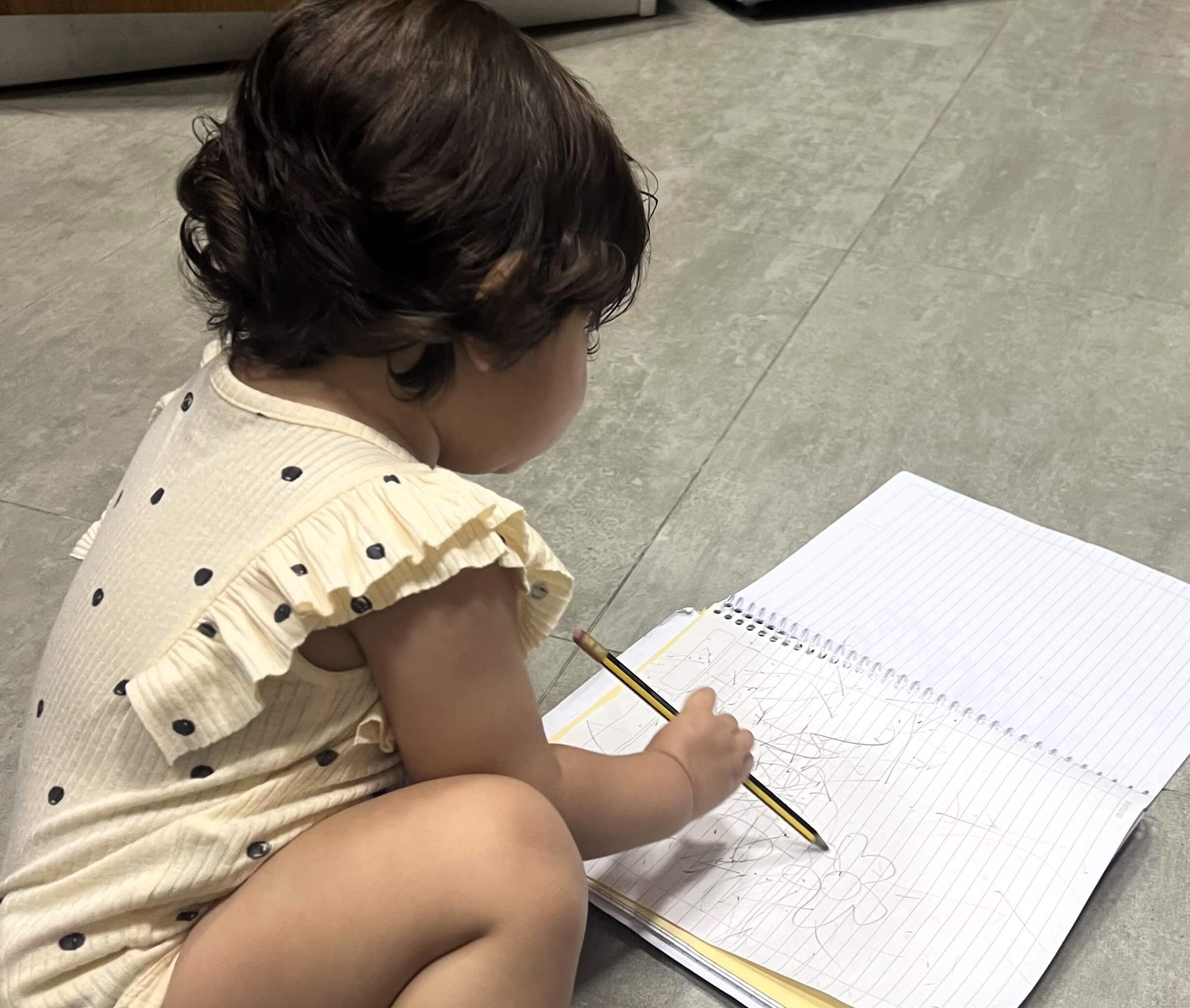
Article written by Dr. JP Arzul, Clinical Psychologist at the MapleTree Center, March 25th 2020
The currently incurable corona virus has awakened our hidden anxieties surrounding the inevitability of death. “Am I going to get it,” we wonder. “And if I do, will I make it?” We usually manage to deny that we are going to die, eventhough we see ourselves ageing, grandparents dying, and parents moving closer to the grave. Now we are faced with the reality that death is on our doorstep. Covid-19 is touching a fundamental state common to all of us: death anxiety.
How are we to manage this death anxiety? Marcus Aurelius, a Stoic philosopher, has the following to offer: “It is not death that a man should fear, but rather he should fear never beginning to live.” In other words, the corona virus allows a fundamental re-examination of how we are living our lives. In some ways, the pandemic grants access to the experience of suffering a terminal illness. When faced with a few months to live, the trivialities of life disappear and one is confronted with what really matters. The pandemic presents a glimpse into what is truly important to each of us and ‘asks’ if we are living in line with this.
The corona virus also brings out our individual psychological characteristics, some of which may be outdated. For example, some of us will become preoccupied with the disease and furiously follow the breaking news. Others will feel helpless and become depressed in the face of the pandemic. Then there are those who will experience anger and resentment towards China for having stalled on the announcement of the virus. These individual responses offer a window into each of our psychological worlds. This allows us to identify our healthy and less healthy patterns and to modify the parts of ourselves that tend to trip us up.
The threat of the corona virus will pass, as have all other pandemics, be they HIV/AIDS, cholera, or the bubonic plague. What remains to be seen is if we will continue to apply our virus-related insights, or if we will simply continue on our well-trodden paths once the virus has faded into history.




